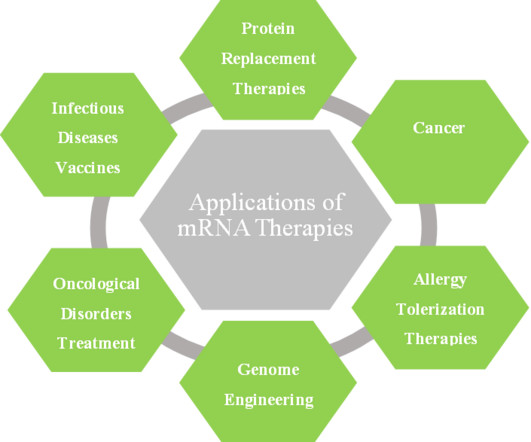Risk Assessment for use of Engineered Genetic Materials in Clinical Research
Advarra
MARCH 31, 2023
The use of engineered genetic materials in clinical trials is rapidly expanding, with potential applications for genetic vaccines, gene-modified cellular therapies, and gene therapies. Either way, occupational exposure to these gene delivery systems bears potential risks to the research staff.













Let's personalize your content